Diesel
From the Blog
-
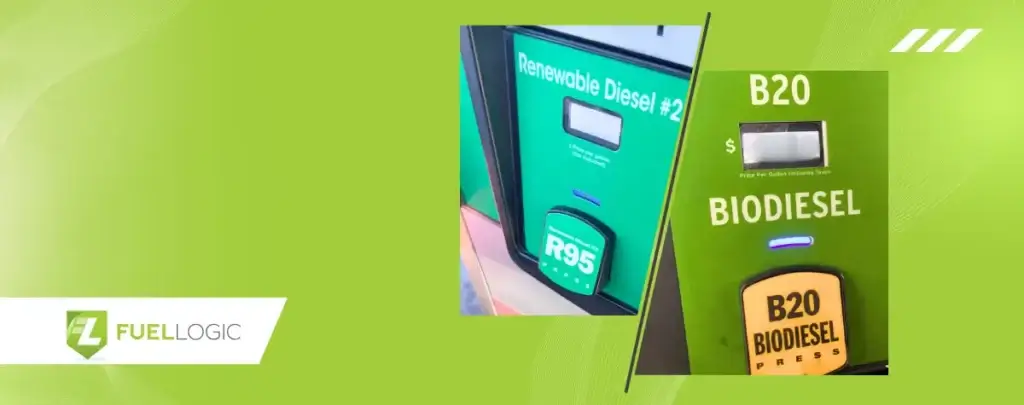
Renewable Diesel vs. Biodiesel: What’s the Difference?
Several clean diesel fuels have emerged in the search for eco-friendly energy. Two notable ones are biodiesel and renewable diesel. These offer similar or even better performance than regular petroleum diesel. While renewable diesel vs. biodiesel are considered sustainable energy solutions, many people confuse them as the same. However, there’s a twist—there are apparent differences…
-
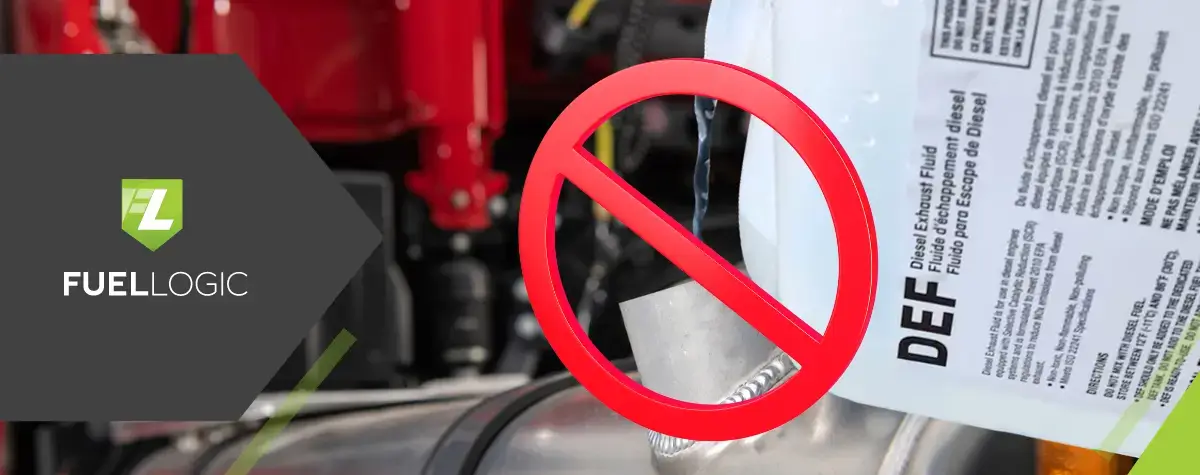
DEF in Diesel Tank: What You Need To Know
Diesel engines power many areas of commercial work. Construction sites use them for heavy lifting, and farms depend on them for long hours in the field. Transport businesses also use them to move loads that smaller engines can’t handle. These engines burn large amounts of diesel each day and release harmful gases into the air.…
-

Fuel Blending: Blended vs Unblended Fuels Explained
Fuel blending, the process of combining different fuels, impacts engine performance, environmental footprint, and cost-efficiency. From conventional fossil fuels to emerging renewable alternatives, the landscape of fuel options continues to evolve, propelled by technological advancements, regulatory frameworks, and shifting consumer preferences. Blended gasoline fuels, like ethanol-gasoline mixes, offer improved combustion, enhance engine efficiency, and reduce…
-
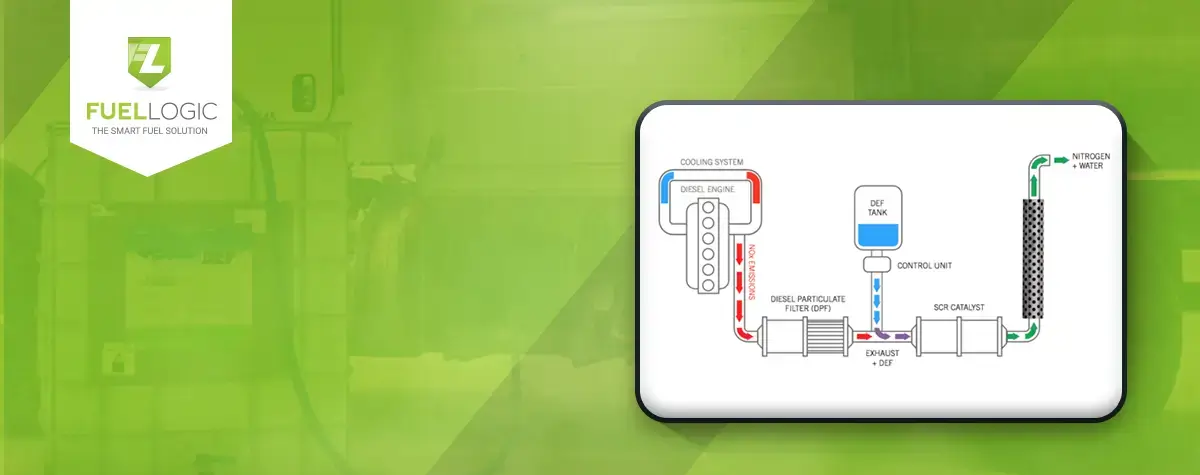
What is DEF? How Does DEF Fluid Work in Diesel Engines
How does DEF fluid work is crucial in understanding the benefits it has for your vehicle. Knowing how DEF system work and its importance can be understood by widespread adoption in the automotive industry’s efforts to produce cleaner and environmentally responsible vehicles. Diesel Exhaust Fluid (DEF) is a blend of 32.5% urea and 67.5% deionized…
-
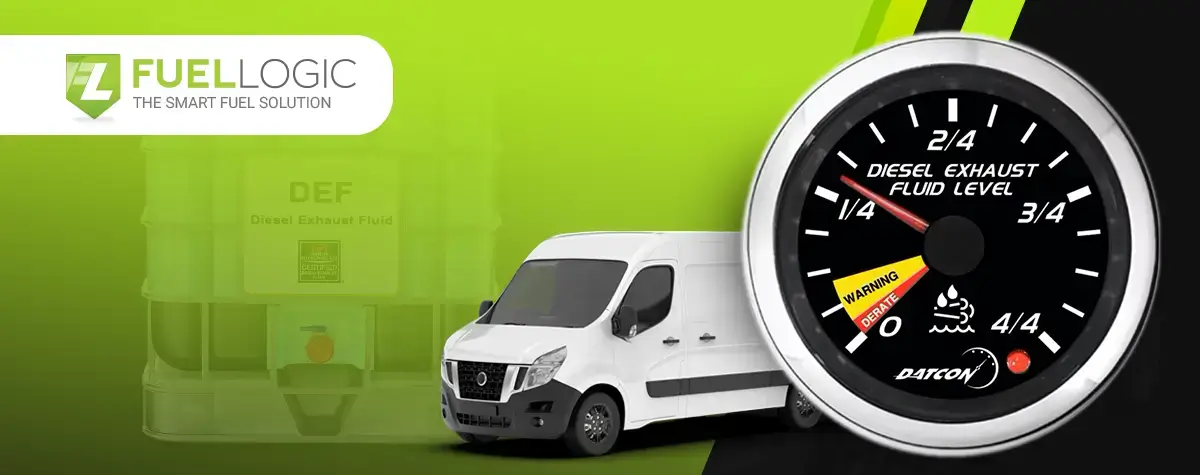
How to Check If Your Diesel Exhaust Fluid Low
Diesel Exhaust Fluid (DEF) plays a pivotal role in preserving diesel engine health and meeting stringent emission standards. Its primary function is to reduce harmful nitrogen oxide emissions produced during combustion, ensuring compliance with environmental regulations. To see if your DEF level is low, watch for a dashboard warning light or check the level manually…
-

Common DEF System Problems
DEF is a key component in the automotive industry’s efforts to make diesel-powered vehicles more environmentally friendly. The most common DEF system problems may include low fluid levels, freezing, contamination, and malfunctions in the pump or injectors. Many countries and regions have implemented rigorous emission regulations to address air quality concerns. DEF enables diesel engines…
-
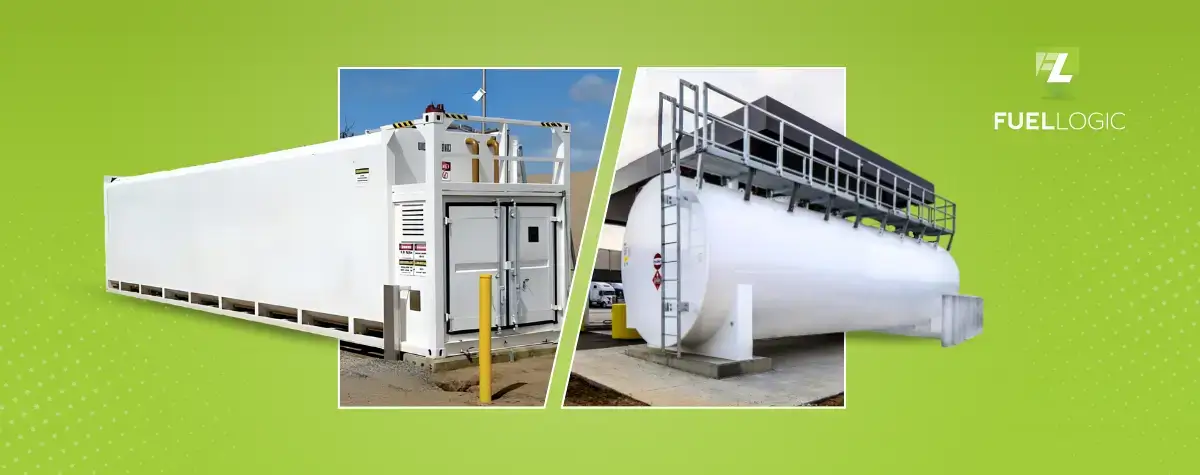
Cube Style or Cylindrical Fuel Tank: What’s the difference?
Selecting the right fuel tank is crucial for various applications as it directly impacts efficiency, safety, and cost-effectiveness. When comparing cube style or cylindrical fuel tanks, several factors come into play, with considerations such as space, cost, and specific usage requirements playing a significant role. Although cylindrical tanks are being predominantly used in the industries,…
-

How Much Fuel Can You Transport Without a HAZMAT Endorsement?
You cannot carry more than a specified amount of fuel without having a permission certificate. A HAZMAT endorsement is required for anyone transporting fuel in bulk. But, how much fuel can you actually transport without this endorsement? A driver is allowed to transport up to 119 gallons of fuel without a HAZMAT endorsement. It is…
-
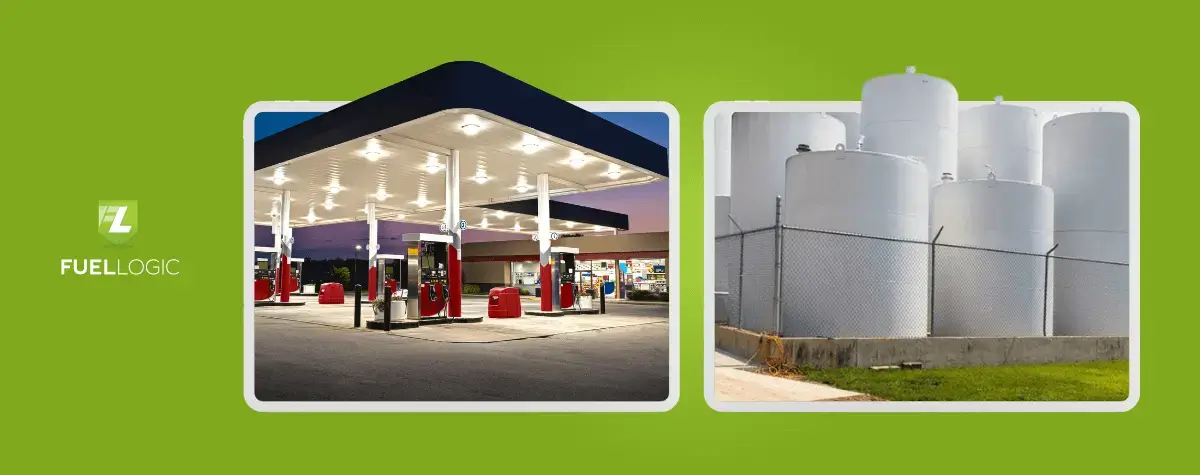
Is It Cheaper to Buy Diesel in Bulk or Retail Fuel?
The world has been dependent on fossil fuels to a greater degree recently than ever before, and so is its requirement for efficient methods of distribution. Two of the central methods to acquire fuel are through retail fuel stations and bulk delivery services. But what’s the difference between retail fuel vs bulk fuel? Also, it…
-
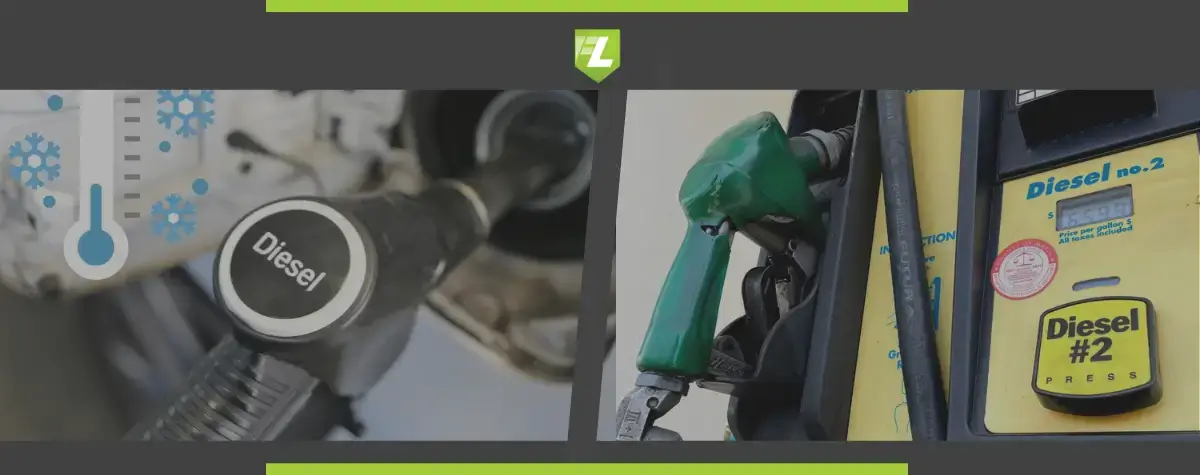
The Key Differences Between Diesel Fuel: Diesel 1 vs Diesel 2 Fuel
Diesel fuels come in two main types—Diesel 1 and Diesel 2. While both power diesel engines, they differ in viscosity, performance during winter months, and energy content. Understanding these differences helps drivers and fleet operators choose the right fuel for their climate and application. While Diesel #1, with lower viscosity, excels in colder climates, Diesel…

